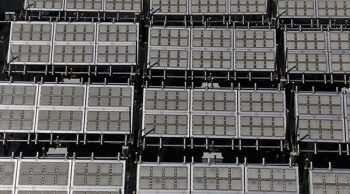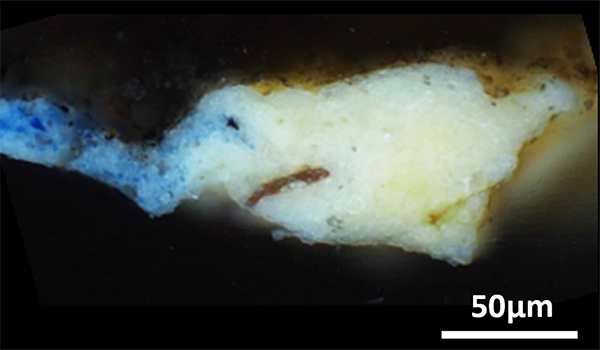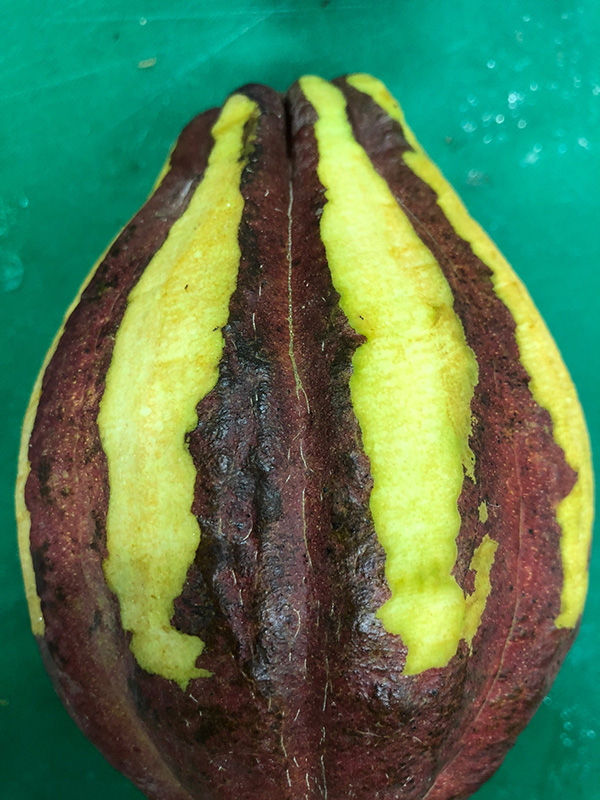FOR IMMEDIATE RELEASE
“Production of Methane by Sunlight-Driven Photocatalytic Water Splitting and Carbon Dioxide Methanation as a Means of Artificial Photosynthesis”
ACS Engineering Au

Solar panels are an increasingly popular way to generate electricity from the sun’s energy. Although humans are still figuring out how to reliably turn that energy into fuel, plants have been doing it for eons through photosynthesis. Now, a team reporting in ACS Engineering Au has mimicked the process to produce methane, an energy-dense fuel, from carbon dioxide (CO2), water and sunlight. Their prototype system could help pave the way toward replacing nonrenewable fossil fuels.
Although methane is a potent greenhouse gas, it’s also a highly energy-dense fuel and the main component of natural gas. Fossil fuels, including natural gas, take millions of years to form, and extracting them from the environment can have detrimental effects. Finding methods to produce methane from renewable sources of energy could help reduce the need for nonrenewable fossil fuels over time. One source of sustainable, abundant energy provided to Earth daily is the sun. Humans have tried tapping into this resource with solar panels, but plants already have it figured out, using sunlight to power photosynthesis and convert CO2 and water into oxygen and sugars to use as fuel later. Previously, Kazunari Domen and colleagues developed a system that used sunlight to split water into hydrogen and oxygen gas. Now, they wanted to evolve the process to more fully mimic photosynthesis, taking in CO2 to store the sun’s energy in methane instead, while still using cost-effective and easily scalable materials.
The team created a set of reaction cells, similar to solar panels, that were each coated with an aluminum-doped strontium titanate (SrTiO3) photocatalyst to help power the reaction. These coated cells were filled with water and placed in the sun. Under those conditions, the water split into hydrogen and oxygen gas, which were separated, and the purified hydrogen gas was fed into the second part of the system. In the second chamber, the hydrogen gas reacted with CO2, forming methane and water, the latter being recycled back into the first step with the photoreactor.
Next, they created a 130-square-foot array of the cells — about the size of a small bedroom — that operated continuously for three days in a variety of weather conditions. Though promising, the team recognizes that the efficiency of artificial photosynthesis systems needs to improve before these devices can become viable options for large-scale power generation. The researchers say that this proof-of-concept system could be adapted to help produce precursors for plastics or other chemical feedstocks, as well as scaled up to produce larger amounts of sustainable biofuels.
The authors acknowledge funding from the Japan Technological Research Association of Artificial Photosynthetic Chemical Process and the European Innovation Council. Some authors are employees of INPEX Corporation, an oil and gas exploration and production company.
###
The American Chemical Society (ACS) is a nonprofit organization chartered by the U.S. Congress. ACS’ mission is to advance the broader chemistry enterprise and its practitioners for the benefit of Earth and all its people. The Society is a global leader in promoting excellence in science education and providing access to chemistry-related information and research through its multiple research solutions, peer-reviewed journals, scientific conferences, eBooks and weekly news periodical Chemical & Engineering News. ACS journals are among the most cited, most trusted and most read within the scientific literature; however, ACS itself does not conduct chemical research. As a leader in scientific information solutions, its CAS division partners with global innovators to accelerate breakthroughs by curating, connecting and analyzing the world’s scientific knowledge. ACS’ main offices are in Washington, D.C., and Columbus, Ohio.
To automatically receive press releases from the American Chemical Society, contact newsroom@acs.org.
Note: ACS does not conduct research, but publishes and publicizes peer-reviewed scientific studies.





